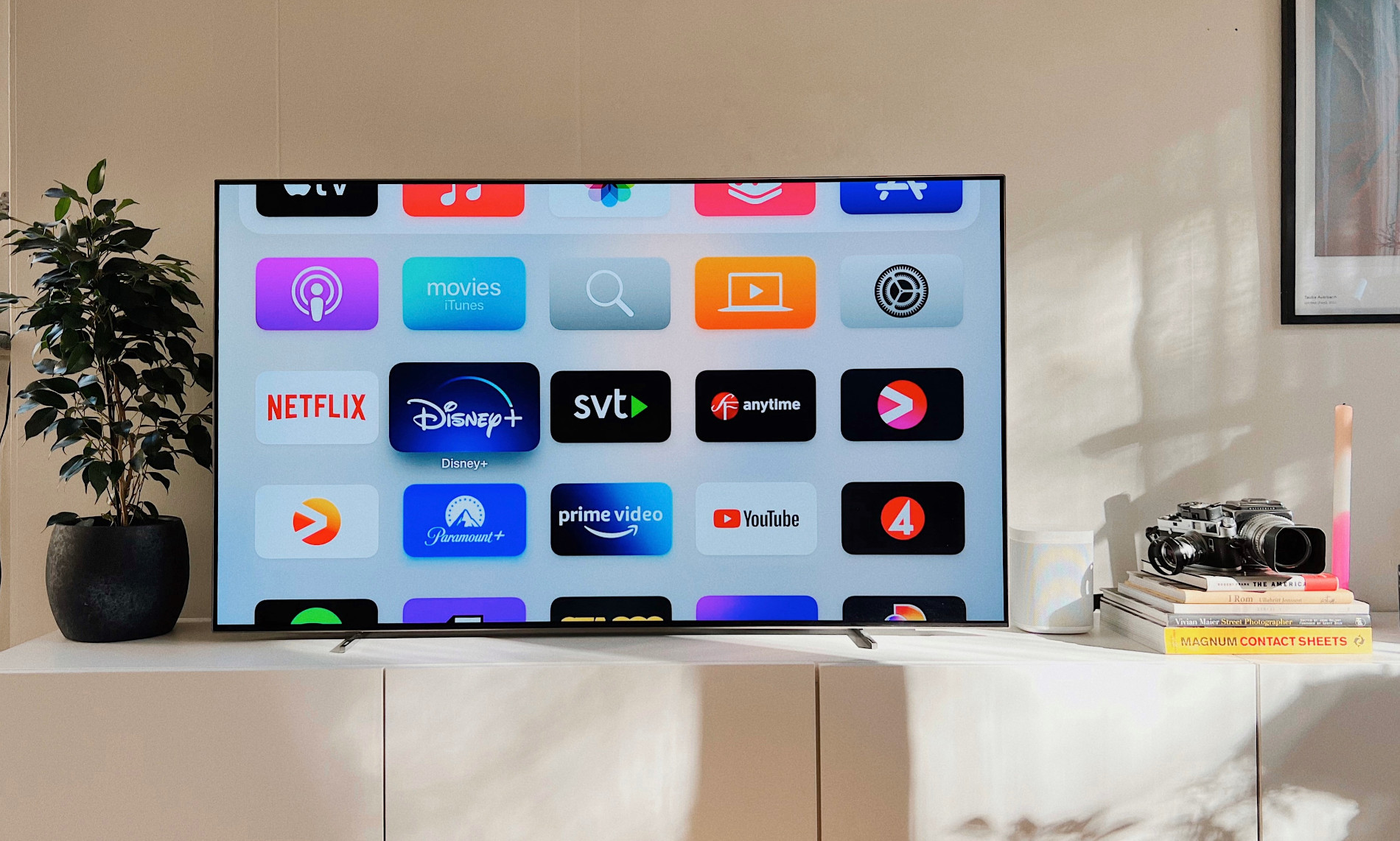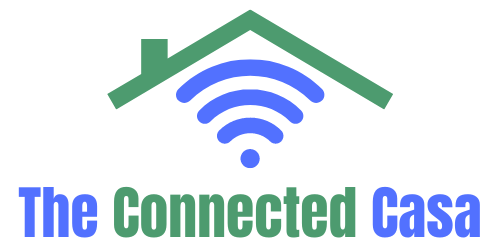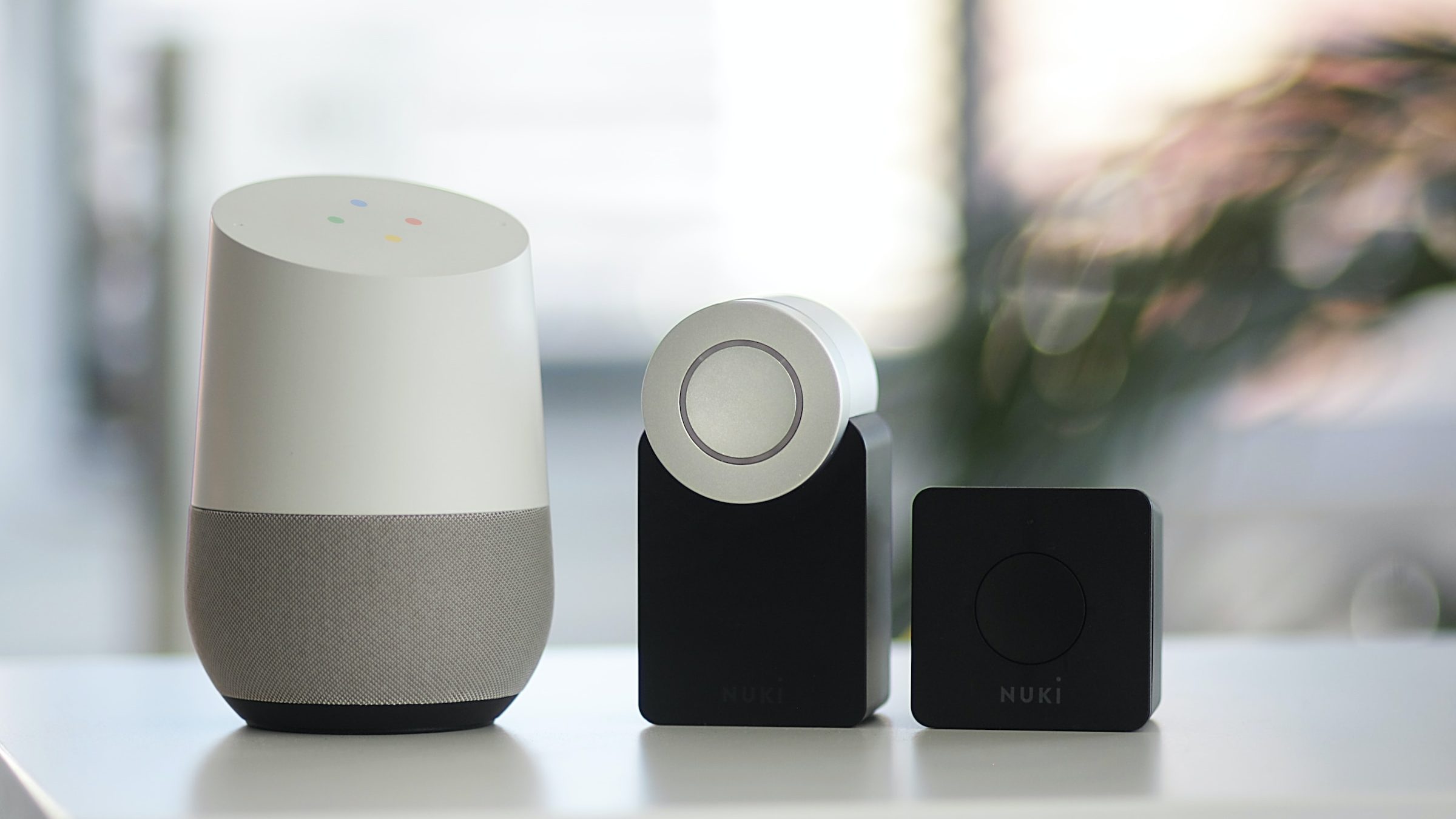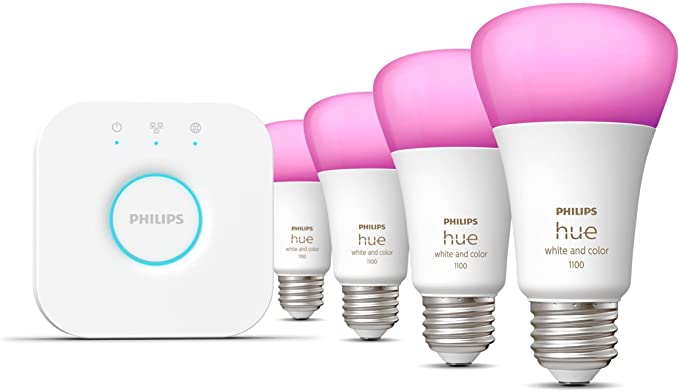
While many may not consider their importance, smart TV operating systems are the key to unlocking the full potential of your TV. With so many options available in the market, and a wide range of included features, it can be challenging to decide which one is right for you. In this article, we’ll compare six of the most popular smart TV operating systems on the market today: Android TV, Tizen, webOS, Roku TV, Fire TV, and SmartCast, in order to help you make a more informed decision when purchasing your next smart TV.
Android TV
Developed by Google, Android TV is an open-source platform that offers access to the Google Play Store and a vast range of apps and games. Due to this, Android TV offers more content and apps than any other operating system on this list. It also supports the popular Google Assistant and its voice control features, and has a user-friendly interface that is easy to navigate. Android TV is also highly customizable, allowing users to add their favorite apps to the home screen for quick access.
Features:
- Access to Google Play Store with a vast range of apps and games
- Supports Google Assistant for voice control
- Highly customizable
Reasons to choose an Android TV:
- You desire a high level of customization options
- You want a large selection of applications to choose from
- You currently use the Google Assistant app as a smart hub for your home
Tizen
The next operating system on our list is Tizen. Developed by Samsung, Tizen is a Linux-based open-source platform that offers seamless integration with Samsung’s other smart devices such as their Galaxy smartphones and tablets. It has a user-friendly interface and supports voice control through Bixby, Google Assistant and Amazon Alexa. Tizen also offers a range of apps and services, including Netflix, Amazon Prime Video, and Spotify. The Tizen OS can also integrate with popular Samsung apps such as Samsung Health.
Features:
- Seamless integration with Samsung devices
- User-friendly interface
- Supports voice control through Bixby, Google Assistant, and Amazon Alexa
Reasons to choose a Tizen TV:
- You currently use Samsung devices and desire integration capability
- You currently use the Google Assistant or Amazon Alexa hubs for home automation
- You desire a product made by a reputable brand, with over 300 million Tizen TV’s sold and over 15 years in the television manufacturing industry.
WebOS
Developed by LG, webOS offers a user-friendly interface and supports voice control through LG’s AI ThinQ technology. It offers access to popular streaming services like Netflix and Amazon Prime Video. webOS also has a unique feature called Magic Zoom, which allows users to zoom in on the screen for a closer look.
Features:
- Supports voice control through LG’s AI ThinQ technology
- Access to popular streaming services
- Magic Zoom feature
Roku TV
Developed by Roku, Roku TV offers access to the Roku Channel Store, which features a vast range of streaming services, apps, and games. It has a user-friendly interface and supports voice control through Alexa or Google Assistant. Roku TV also has a unique feature called Private Listening, which allows users to listen to the TV’s audio through headphones connected to their smartphone.
Features:
- Access to Roku Channel Store with a vast range of apps and games
- Private Listening feature
- Supports voice control through Alexa or Google Assistant
Fire TV
Developed by Amazon, Fire TV offers access to Amazon Prime Video and other popular streaming services. It supports Alexa for voice control and has a user-friendly interface. Fire TV also has a unique feature called X-Ray, which provides information about the actors and music in the currently playing content.
Features:
- X-Ray feature
- Supports Alexa for voice control
- User-friendly interface
SmartCast
Developed by Vizio, SmartCast offers access to popular streaming services like Netflix and Hulu. It supports voice control through Google Assistant or Amazon Alexa and has a user-friendly interface. SmartCast also has a unique feature called WatchFree, which provides free streaming content.
Features:
- Access to popular streaming services
- Supports voice control through Google Assistant or Amazon Alexa
- Free streaming content through WatchFree
Conclusion
Comparing these six smart TV operating systems, it’s clear that each one has its strengths and weaknesses. Android TV and Roku TV offer the largest selection of apps, while Tizen and webOS offer seamless integration with Samsung and LG devices, respectively. Fire TV offers the best integration with Amazon services, and SmartCast offers a user-friendly interface and unique features like WatchFree. Ultimately, the best smart TV operating system for you will depend on your personal preferences and needs. If you’re an Android user with a lot of apps and games you want to access on your TV, Android TV may be the best option for you. If you’re a Samsung user who wants seamless integration with your other devices, Tizen may be the way to go.
When shopping for a new smart TV, be sure to consider the operating system as an important factor in your decision-making process. By understanding the pros and cons of each system, you can make an informed decision that will help you get the most out of your smart TV.




